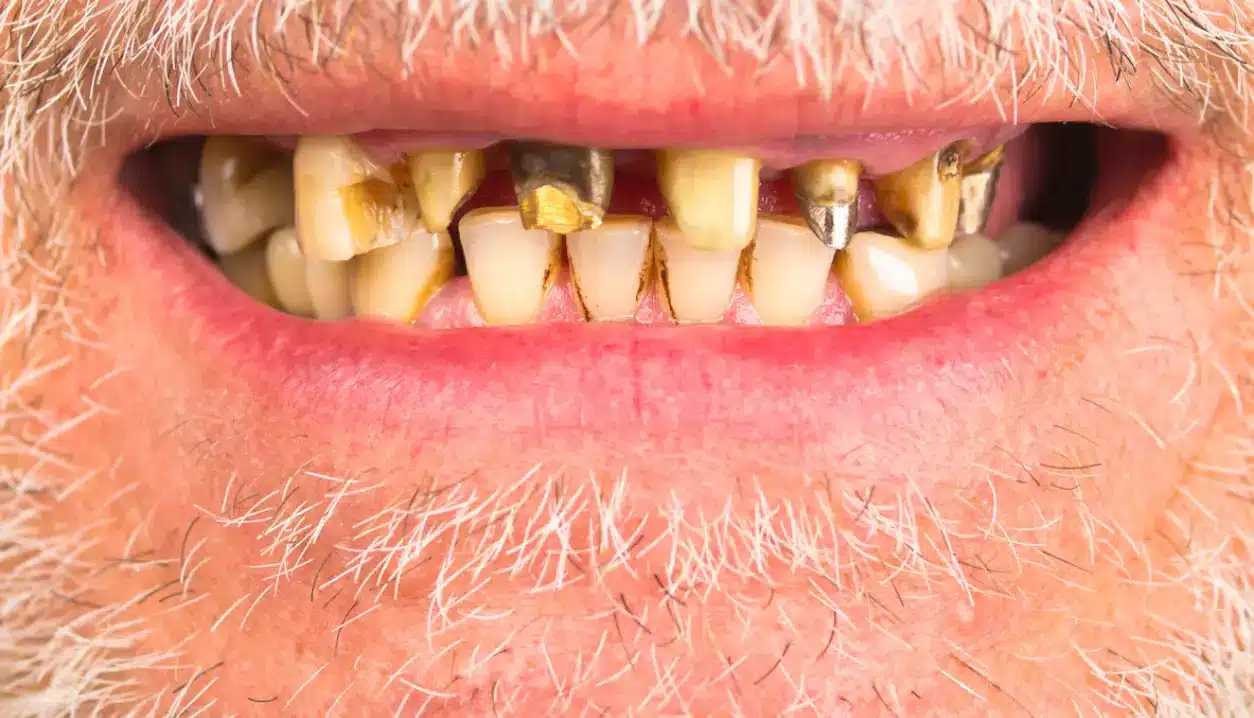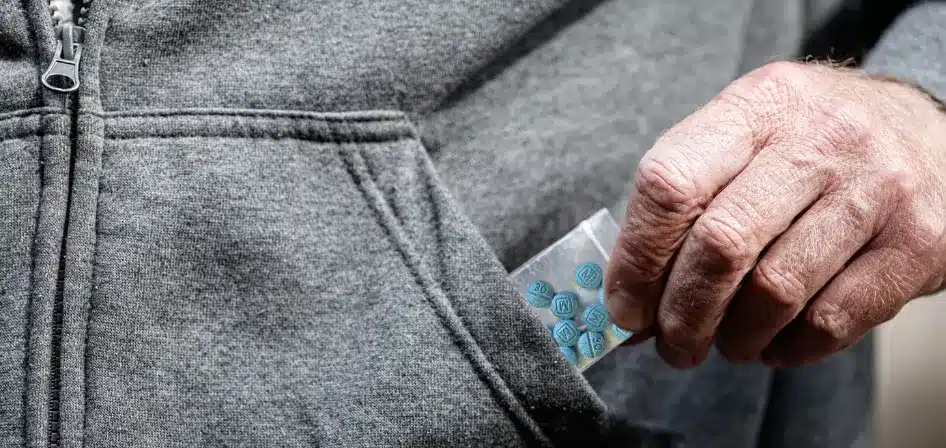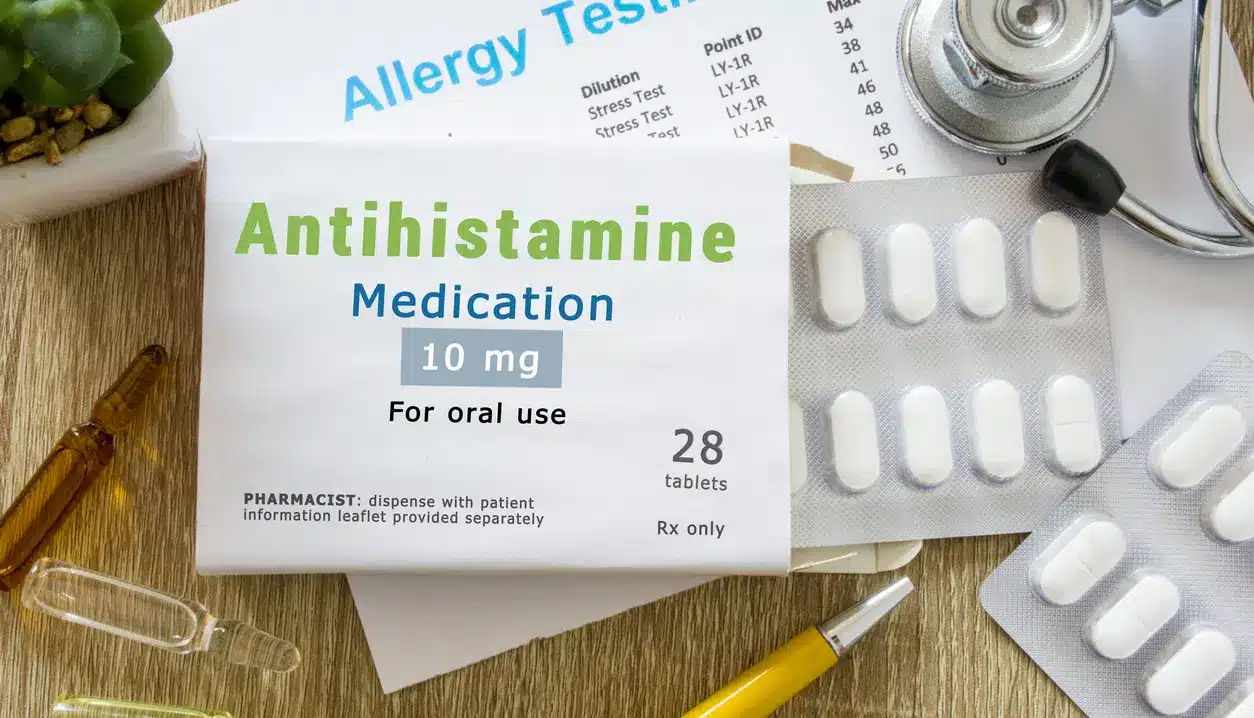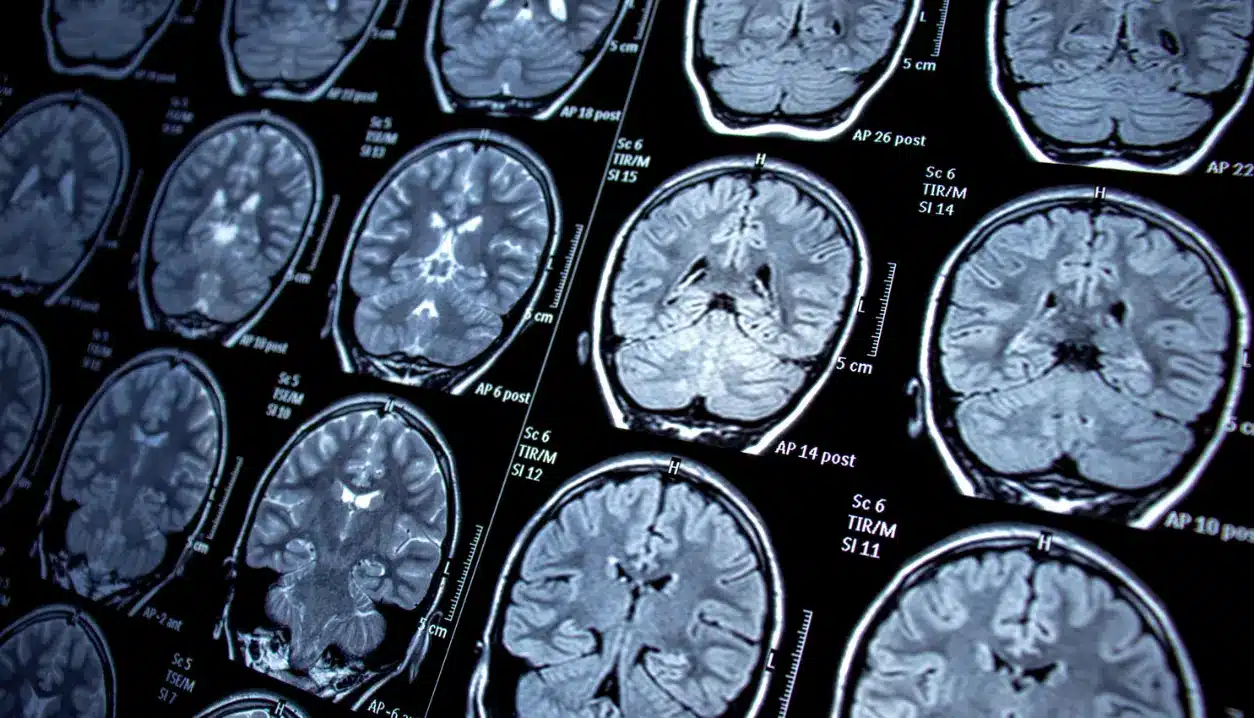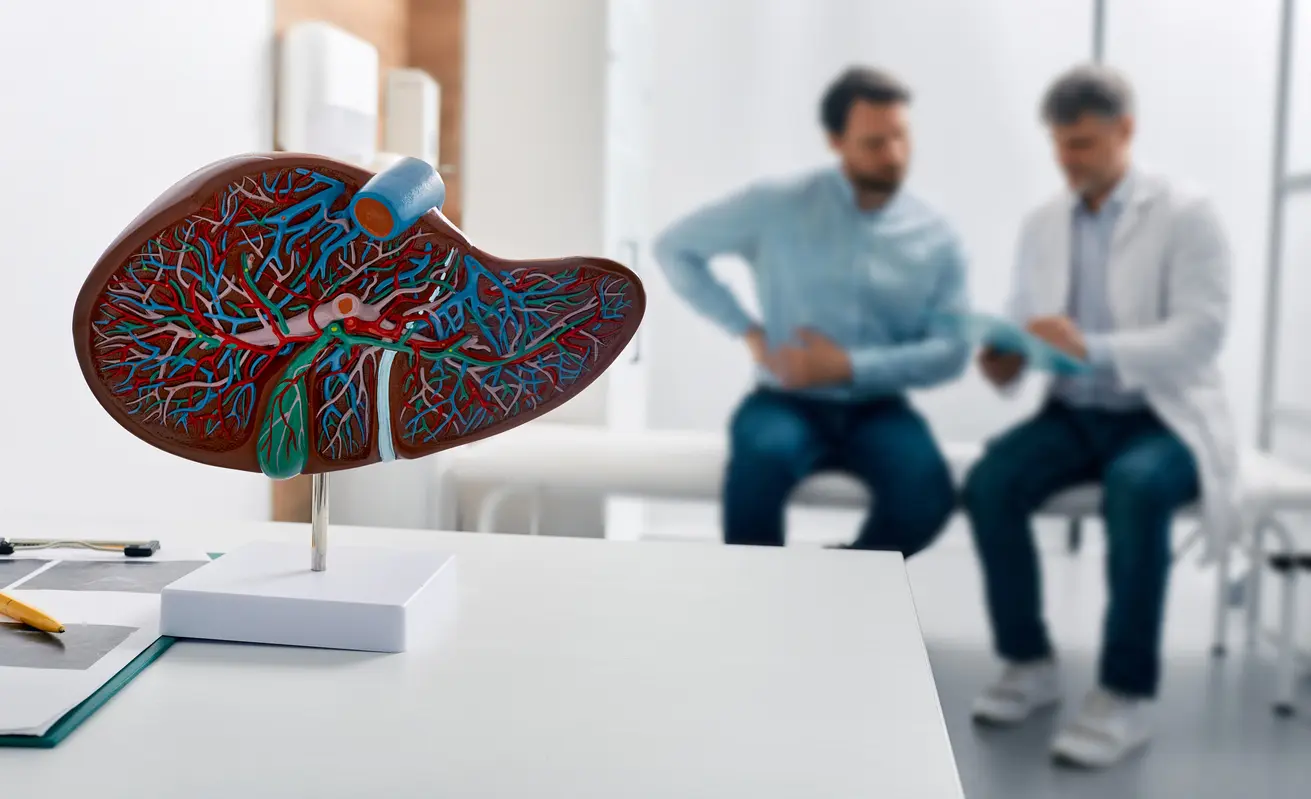Co-dependency Rehab
Co-dependency is an addiction in its own right, and one often as devastating to the sufferer as drug or alcohol misuse. Request a Callback
By John Gillen - Last Updated: December 22, 2023
Clinically Reviewed on December 13, 2023 by Dr Robert Lutaaya. All information on this page has been reviewed and verified by a certified addiction professional.

Co-dependency sufferers are unable to enjoy a healthy relationship with another person. Co-dependency is classified as a ‘dysfunction helping relationship’.
Co-dependency is an addiction in its own right, and one often as devastating to the sufferer as drug or alcohol misuse. The term ‘co-dependency’ was originally known as ‘co-alcoholism’ to denote traits displayed by female partners of a male alcoholic.
Co-dependant partners often develop substance abuse themselves. Co-dependency sufferers are said to ‘enable’ their partner’s addiction.
Co-dependency is seldom treated in isolation. Co-dependency sufferers are often surprised to learn of codependency’s diagnosis.
It is common for co-dependency sufferers to live with this condition for many years before a diagnosis made. Co-dependency is thought to develop in childhood.
Sufferers of co-dependency
In the twenty-first century, co-dependency is no longer restricted to wives of alcoholic husbands. The condition is now thought to apply even in the absence of substance abuse. Co-dependency may apply to all relationships, not just marital.
Co-dependency may arise from a relationship between parents and their offspring and even between work colleagues and friends. In fact, as long as codependency’s symptoms are apparent any variety of relationship may properly be described as a ‘co-dependency’.
In the DSM manual co-dependency is defined as ‘dependent personality disorder’. Similar to gambling rehab, co-dependency is classed as a behavioural addiction.
People suffering from co-dependency do have good intentions at the core of their issues. They don’t want to see their loved ones suffer and will give all of themselves. But because they love the focus of their co-dependency there is an issue of denial or avoidance in regard to the severity of their partner’s substance abuse. There is also usually boundary issues or a complete lack of boundaries.
Contact Us
94 Queen's Promenade, Blackpool, FY2 9NS, Blackpool, FY2 9NS
Landline: 01253 847 553
Email: info@oceanrecoverycentre.com
Start your Recovery - Call us nowSymptoms of co-dependency
Persons suffering from co-dependency commonly place the needs of others before their own, even when it is totally irrational to do so.
And they commonly have previous experience of strict rules in their childhood and were restricted in how and when they could express themselves.
They may also have a pattern of having previous partners or a parent that was an addict or other mental illnesses caused by having a dysfunctional family.
Below we list some of the codependency symptoms and common behaviours:
- Low self-esteem. Cannot function from their ‘innate self’.
- Feel very depressed or even suicidal when criticised by a partner.
- Approval seeking to point where it repels partner.
- Utter lack of self-care.
- Life is fixed around another person.
- Often reward partner even for poor behaviour.
- Continually looking for a quick fix to improve the destructive relationship.
- Feel responsible for partner’s failings or apologise on their behalf.
- Rewarding partner for poor behaviour just conditions them to repeat it.
- Assuming the role of caregiver even when destructive to do so e.g. when enables partner’s substance abuse.
- Commonly sabotage partner’s wish to seek professional help for substance abuse. This is because co-dependant feels the only solution to partner’s problems, a condition known as ‘Messiah Complex’.
- Justifying your partner’s addiction, for example; ‘He’s had a stressful day’.
- Making excuses for your partner’s absence at social events because they are under the influence.
- You take on additional responsibility, at home or at work.
- You are willing to risk your financial security to fund their habit.
Is co-dependency and people-pleasing the same?
Co-dependency is very similar to ‘people-pleasing’ but there are a few key differences. Although people pleasers have an intense need to help others, co-dependent relationships tend to have one main focus and the need to a certain extent is reciprocated because the person they are connected to is an addict or ill in some way.
People pleasers also have to be liked or needed by most people they meet. Whereas with co-dependency they will often sacrifice all other relationships so all their time and effort can be focused on their partner.
Fear of Change
It is very daunting to admit there is a problem with any disorder or addiction. And co-dependency can be one of the hardest as you not only have to be honest with your own issues, you also have to admit the focus of your dependency also has a problem with substance abuse.
It is important to remember that you aren’t necessarily scared of change, just the unknowns that come with change and relinquishing the caregiver role to our professional team. But rest assured you will receive the best care in our state-of-the-art facilities.

Co-dependency rehab
Ocean Recovery Centre offers a comprehensive co-dependency rehabilitation programme. Before your rehabilitation programme begins, an initial pre-admission assessment is conducted by one of our admissions counsellors. Upon entry into our centre, you are psychologically and physically assessed.
Even if you are not the person in a co-dependency with the addiction your physical health is still important. Many people suffering from co-dependency have been neglecting themselves, often for a long period of time.
So it is crucial to make sure you are in the best health as you will need physical and emotional energy to go the most out of your treatments and therapy.
If drug or alcohol addiction co-occurs with co-dependency, you must undergo the detox stage of rehab. In the absence of substance abuse, the client immediately begins therapy and counselling sessions.
Therapy and counselling are designed to tackle the underlying emotional causes of co-dependency. You will learn how to set appropriate boundaries and healthy family and relationship dynamics. Therapy will tackle issues going back many years in the client’s life.
Therapy helps clients identify co-dependency behavioural patterns. Patients are then taught ways of dealing with situations without resorting to co-dependent behaviour. Patients will receive treatment for anxiety and depression where necessary.
Once rehab concludes a tailored aftercare and relapse prevention plan is drawn up. Patients are also encouraged to attend Co-dependents Anonymous sessions taking place in their local area once rehabilitation is complete.
Call Ocean Recovery today
Call Ocean Recovery today to find out more. Call on 01253 847 553. Alternatively, complete the enquiry form and a member of the team will respond shortly.
We maintain clinics across the United Kingdom.
Areas We Cover
See below list of just some of the locations our leading alcohol rehab service covers in the United Kingdom.
- Rehab in Liverpool
- Rehab in Manchester
- Rehab in Birmingham
- Rehab in Nottingham
- Rehab in Glasgow
- Rehab in Cardiff
- Rehab in Bristol
- Rehab in Blackpool
- Rehab in Cumbria
- Rehab in Lancashire
- Rehab in Merseyside
- Rehab in Cheshire
- Rehab in Yorkshire
- Rehab in West Midlands
- Rehab in North East
- Rehab in Surrey
- Rehab in Essex
- Rehab in London
John Gillen
- Author
- Last updated: December 22, 2023
John is one UK’s leading professionals in the addiction recovery industry. Pioneering new treatment techniques such as NAD+ and ongoing research into new therapy techniques such as systematic laser therapy, John is committed to providing the very best treatment for people throughout the UK and Europe. During his extremely busy schedule, John likes to regularly update our blog section with the latest news and trends in the industry to keep visitors to our site as well informed as possible on everything related to addiction treatment.
Dr Robert Lutaaya
- Clinical Reviewer
- Last reviewed: December 13, 2023
MBChB, MSc Psych
Dr Robert Lutaaya qualified in 1995 from Worclaw Medical University as MBChB, and obtained a MSc Psych from the University of Manchester in 2014. Dr Lutaaya has previously worked for the CGL Substance Misuse Service and as an on-call doctor substance misuse Doctor for 17 years before joining Ocean Recovery. Dr Robert Lutaaya is committed to helping those struggling with alcohol and drug addictions.
Request A Callback
Enter your phone number and a member of our team will call you back to discuss your recovery.
Contact Us
For more information please get in touch using the information below
Call: 01253 847 553 Send us a messageDownload Our Brochure
For more information about the addiction services that Ocean Recovery offer, download our brochure.
Download our brochureDo I need help?
A lot of people are unsure if there are suffering from addiction. Take these tests to find out if its effecting you without your knowledge.
Select your test and find out more
Our Centre
Rehab In Northern England

Google Reviews
4
Tel: 01923 369161
Email: info@oceanrecoverycentre.com
Address: 94 Queen's Promenade, Blackpool, FY2 9NS
View CentreOur Partnering Centres
Rehab in Scotland

Google Reviews
5
Tel: 01475 303998
Email: info@novarecovery.com
Address: 10-12 Scott St, Largs, North Ayrshire, KA30 9NU
View CentreRehab in Greater London

Google Reviews
4.5
Tel: 01923 369 161
Email: info@cassioburycourt.com
Address: Cassiobury Court, Richmond Drive, Watford, Herts, WD17 3BH
View CentreRehab in the Midlands

Google Reviews
4.5
Tel: 01908 489 421
Email: info@asanalodge.com
Address: 48 Moorend Rd, Yardley Gobion, Towcester, NN12 7UF
View CentreOur Blogs

How to Commit to Sobriety
If you are suffering from alcohol addiction or substance misuse issues, it can be very difficult to overcome. Sobering up in the first place can be a major challenge, but recovery is not a single step – it is an ongoing process. Committing to sobriety means making a serious and continuing effort to stay away

Life After Addiction: How to Cope With Survivor’s Guilt
Recovering from addiction is a very personal journey, but something many share is a sense of achievement and renewal. On the other side of the coin, for many individuals who have walked this path, the joy of recovery can be accompanied by an unexpected emotional burden – survivor’s guilt. And this feeling (which is commonly

What Does Ketamine Do to Your Bladder?
Ketamine, in the context of recreational drug abuse, can have severe effects on our bodies – with one of the major organs impacted being the bladder. But what does ketamine do to your bladder? And why is it so serious? Find out the answer to this question and more below. What Is Ketamine? Ketamine is

The Link Between Alcohol and Chest Pain
The UK is known for its drinking culture, and many people use alcohol – often to excess. It’s estimated that 24% of adults in England and Scotland regularly drink over the Chief Medical Officer’s low-risk guidelines, while 27% of drinkers in Great Britain binge drink on their heaviest drinking days. Alcohol is linked to a

Methamphetamine Mouth: Signs, Causes & Risk Factors
The UK and USA are two of the biggest drug-taking nations in the world. Both countries have problems with drug addiction among the population and indulge in similar substances such as cocaine, opiates and meth. Although meth use isn’t as common here in the UK when compared to the US, tens of thousands still use

Are Fentanyl Deaths Rising in the UK?
There has been significant concern that the number of fentanyl-related deaths in the UK has recently been on the rise. In this article, we assess whether fentanyl is a widely used drug in the UK and how many people have died as a direct result of fentanyl use. What is Fentanyl? Fentanyl is a powerful

Can You Get Addicted to Antihistamines?
Antihistamines are medications commonly used to treat the symptoms of allergies, including hay fever, conjunctivitis, hives and reactions to insect bites and stings. They also have a number of other legitimate uses, such as treating nausea and sickness, motion sickness and insomnia. They can also be misused, particularly in forms that can make you feel

What is Wet Brain?
Alcohol abuse can lead to numerous health problems, and sadly, some of them can be severe and life-threatening. One of those conditions is known as “wet brain,” an informal term for Wernicke-Korsakoff Syndrome (WKS). This syndrome is a serious brain disorder, which is caused by a deficiency of thiamine (vitamin B1), and it’s often linked

Alcohol and Panic Attacks: Is There a Link?
When we drink alcohol, it can definitely cause some feelings of anxiety. But can they cause something more significant, like a panic attack? This question is one that many want an answer to as they work on understanding their personal relationships with alcohol and mental health. This blog explores whether there is a genuine link

How to Repair a Damaged Liver from Alcohol
.The liver, one of the body’s most vital organs, plays an essential role in processing nutrients, filtering toxins, and supporting overall health. Unfortunately, excessive alcohol consumption can severely damage this important organ. Understanding the impact of alcohol on the liver and recognising the signs of damage are the first steps towards recovery. This article explores





